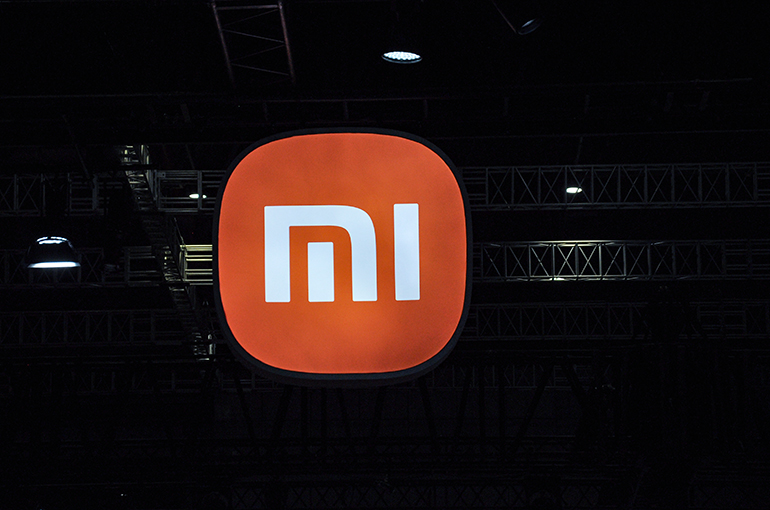Select Language:
Shares of a major Chinese electronics company experienced a sharp decline following a tragic accident that resulted in the death of the driver of an SU7 Ultra electric vehicle. The incident occurred early in the morning on Tianfu Avenue in Chengdu when the driver lost control, causing the vehicle to overturn and ignite. Efforts to open the electric car’s doors to rescue the driver were unsuccessful, as emergency responders struggled with the design.
The company’s stock in Hong Kong closed 5.7% lower at HKD49.08 ($6.40) per share, amid a broader decline in the market, with the Hang Seng Index dropping 1.5%.
According to authorities, the driver of the SU7 Ultra collided with another vehicle traveling in the same direction before hitting a roadside greenbelt, causing the car to flip and catch fire around 3:18 a.m. It is suspected that alcohol impairment was a factor in the crash.
Surveillance photos depict the high-performance electric sedan, which the company introduced in February at a starting price of approximately CNY529,900 ($74,325).
Witnesses reported multiple failed attempts to rescue the driver as rescue workers could not open the vehicle’s doors. The incident’s preliminary investigation suggests the vehicle was swerving at over 100 kilometers per hour moments before the crash.
This event has intensified concerns over electric vehicle safety, particularly regarding newer door handle designs that rely on hidden mechanisms. Several similar accidents have raised alarms about motor malfunctions that prevent occupants from escaping quickly and complicate rescue efforts.
In response, China’s Ministry of Industry and Information Technology has proposed draft safety regulations mandating that all vehicle doors include a mechanically operable handle, ensuring they can be opened manually without tools in emergencies.
Since entering the electric vehicle market last year, the company has faced scrutiny over vehicle safety. Recently, they recalled nearly 117,000 units of the SU7 model—roughly 30% of total deliveries—via over-the-air updates to address issues related to assisted driving features.






